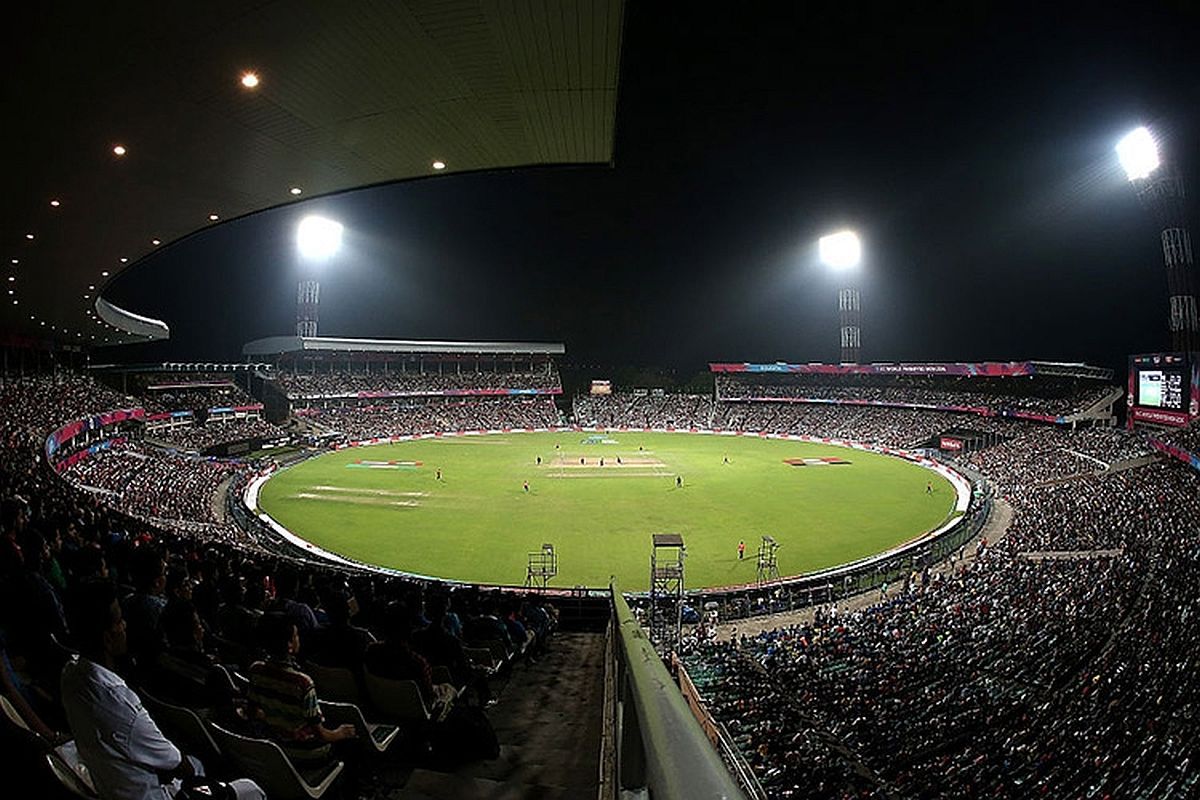Enjoy free bike ride to poll booths in 4 cities
Citizens of Kolkata, looking forward to exercising their franchise during the ongoing elections would be able to enjoy a faster conveyance to their polling booth, free-of-cost.
The cricket enthusiasts in the city are eagerly waiting to witness another unique moment of the sport, when Eden Gardens will become the first venue in India to host a day-night Test match.

Eden Gardens. (Photo: IANS)
While the city is waiting to witness yet another epoch-making event in the history of Indian cricket at the iconic Eden Gardens in a few days, the environmentalists view the event as a historical environmental blunder, the damage caused due to which will be irreversible.
The cricket enthusiasts in the city are eagerly waiting to witness another unique moment of the sport, when Eden Gardens will become the first venue in India to host a day-night Test match scheduled to be held between 22 to 26 November.
However, the upcoming event has caused apprehensions among the city environmentalists who claim that the carbon emissions from the electricity to be used during the match at night will have harmful effects on the environment. “The match will be a historical environmental blunder,” claimed environment crusader, Mr Subhash Dutta.
Advertisement
“The match should be held in daylight only. At night, the usage of electricity leads to higher carbon emissions. The price of the amount of damage, done due these emissions, cannot be paid by anyone. This will rather be a historic mistake than a historic event,” he added.
Slamming the state Urban Development and Municipal Affairs department minister, Firhad Hakim, for setting up a committee of experts that has been assigned the task of preparing a plan to combat the city’s air pollution, the environment activist alleged, “Pollution is a subject of the pollution control board. However, the Urban Development and Municipal Affairs department that is responsible for most of the pollution has formed a committee on pollution.”
The environmentalists further alleged that while 15- year old commercial vehicles were directed to be phased out in the year 2008, even after so many years, more than two lakh such vehicles are still plying in and around the city.
Advertisement